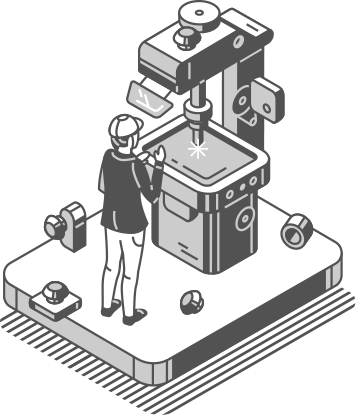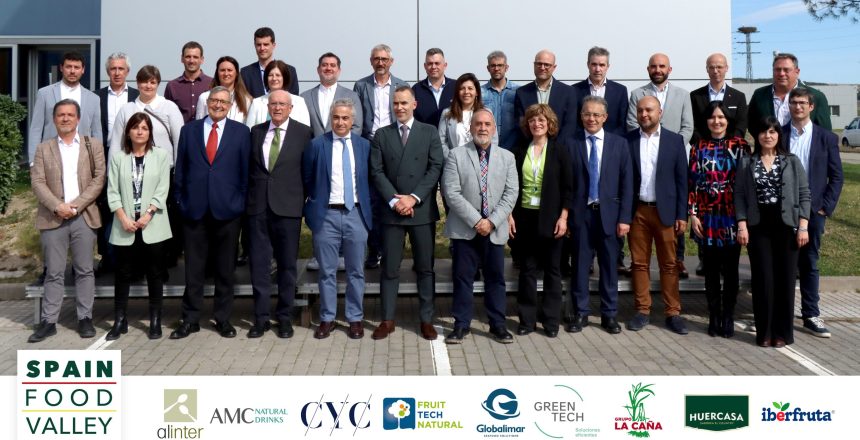The cluster, coordinated by the National Centre for Food Technology and Safety (CNTA), based in San Adrián, is made up of 17 companies from 10 different Autonomous Communities. Its aim is to develop up to 28 multi-sectoral projects to improve competitiveness, from digitalisation to traceability, including food safety and sustainability. With this aim, they will be supported by the Strategic Project for the Recovery and Economic Transformation (PERTE Agroalimentario).
Between 2023 and 2025, it is expected that the actions framed within the Spain Food Valley project will enable progress to be made in the application of technologies such as Artificial Intelligence or NIR and hyperspectral image analysis to food safety controls. The digitisation of industrial traceability and quality systems will also be addressed, as well as the manufacture of new ingredients and high-value products from food by-products and the optimisation of the industrial use of water, among many other examples.
For Héctor Barbarin, director general of CNTA, this is “a long-awaited moment for the group”. “We have finally reached the most interesting point of the process, which is none other than to implement all the projects designed and accelerate the changes that are going to be so important in the transformation of the agri-food industry,” he says.
The Spain Food Valley consortium is made up of 17 companies (Alinter de Grupo Alimentario IAN, AMC Natural Drinks , Consultoría y Comunicaciones de Navarra-CYC, Fruit Tech Natural, Globalimar, Greentech, Grupo La Caña, Huercasa, Iberfruta-Muerza, Kimitec, Lazaya, Medina, Natac, Caviar Pirinea, Urzante, Viscofan and Viuda de Cayo) from 10 different autonomous communities.
Source: CNTA




